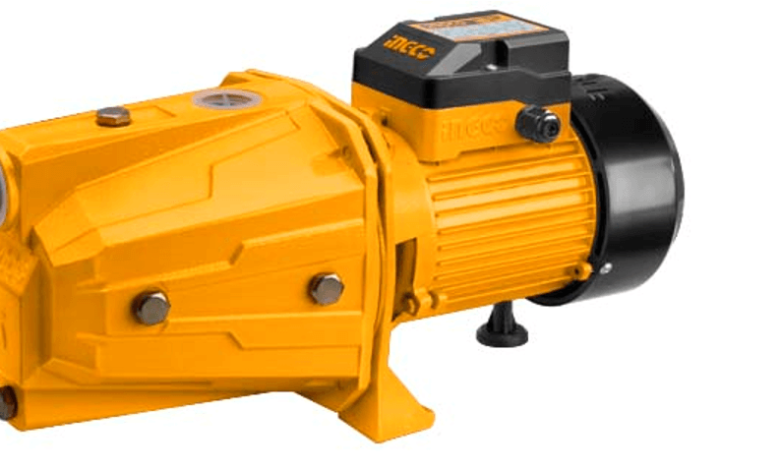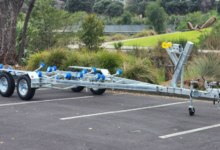How to Make Full Use of Water Pumps in Agriculture

Agriculture heavily relies on efficient water management for crop production, and water pumps play a pivotal role in ensuring consistent irrigation and optimal moisture levels. From enhancing crop yields to promoting sustainable farming practices, water pumps are indispensable tools for modern agriculture. In this guide, we’ll explore how farmers can make full use of water pumps to maximize agricultural productivity while conserving water resources.
Understanding the Importance of Water Pumps in Agriculture
Water pumps serve as the backbone of agricultural irrigation systems, enabling farmers to distribute water effectively to fields and crops. They help overcome water scarcity challenges, mitigate the impact of droughts, and ensure crops receive adequate moisture for growth and development. By harnessing the power of water pump, farmers can optimize water usage, improve soil fertility, and achieve higher yields even in arid regions.
Selecting the Right Water Pump for Agricultural Needs
Choosing the appropriate water pump is crucial for agricultural success. Farmers should consider factors such as water source, crop type, field size, and terrain characteristics when selecting a pump. Centrifugal pumps, submersible pumps, and solar-powered pumps are popular options for agricultural irrigation, each offering unique benefits depending on the farm’s requirements. Consulting with agricultural experts and pump suppliers can help farmers make informed decisions and invest in the most suitable pump for their operations.
1. Implementing Efficient Irrigation Practices
Once the water pump is installed, farmers should focus on implementing efficient irrigation practices to optimize water usage and minimize wastage. Drip irrigation, sprinkler systems, and micro-irrigation techniques are effective methods for delivering water directly to plant roots while reducing evaporation losses and runoff. By scheduling irrigation sessions based on crop water requirements and soil moisture levels, farmers can prevent water stress and promote healthy plant growth throughout the growing season.
2. Leveraging Technology for Precision Agriculture
Advancements in technology have revolutionized agricultural practices, and water pump automation systems are no exception. Smart irrigation controllers, moisture sensors, and remote monitoring devices allow farmers to manage irrigation schedules, track water usage, and detect system faults in real-time. By harnessing the power of data analytics and precision agriculture techniques, farmers can optimize irrigation efficiency, conserve water resources, and improve overall farm productivity.
3. Embracing Sustainable Water Management Practices
Sustainable water management is essential for preserving natural resources and safeguarding the environment for future generations. Farmers can adopt sustainable practices such as rainwater harvesting, soil conservation, and crop rotation to minimize water wastage and soil degradation. Integrating water-saving technologies such as drip irrigation and mulching can further enhance water efficiency and promote ecosystem health on the farm. By prioritizing sustainability, farmers can create resilient agricultural systems that thrive in changing climatic conditions.
Conclusion
Water pumps are indispensable assets for modern agriculture, enabling farmers to overcome water scarcity challenges and achieve sustainable crop production. By selecting the right pump, implementing efficient irrigation practices, leveraging technology, and embracing sustainability, farmers can make full use of water pumps to optimize agricultural productivity while conserving precious water resources. With careful planning and innovative solutions, water pumps can continue to drive agricultural growth and resilience in the face of global challenges.





